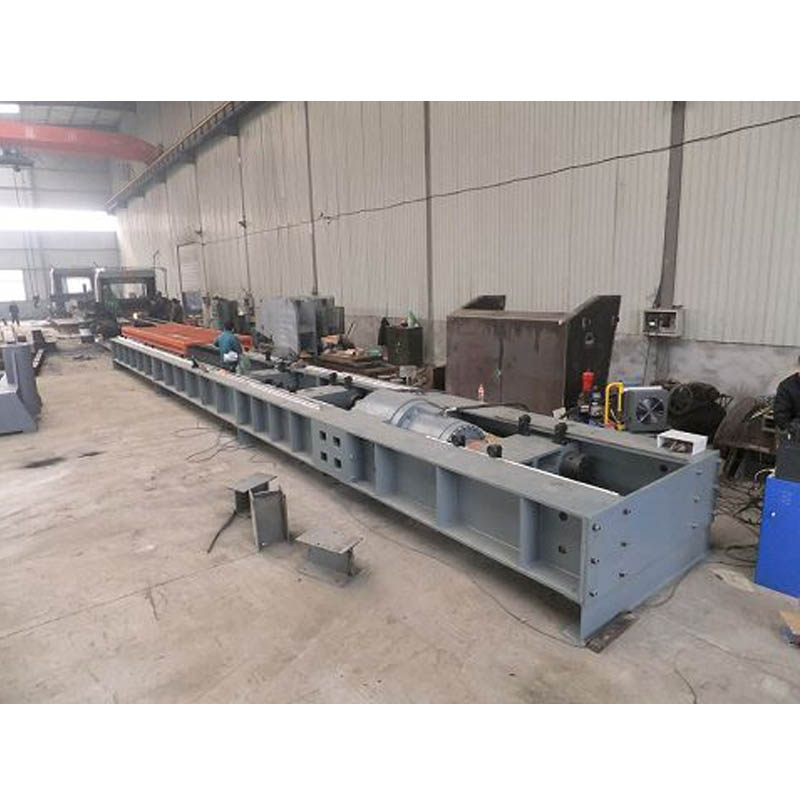ethanol fuel hose
Samh . 25, 2024 10:54 Back to list
ethanol fuel hose
Understanding Ethanol Fuel Hose Importance, Specifications, and Usage
Ethanol has become a significant alternative fuel in recent years, primarily due to its renewability and lower greenhouse gas emissions compared to traditional gasoline. As a result, the demand for ethanol-compatible fuel systems has surged, creating a need for specialized equipment, including ethanol fuel hoses. Understanding the specifics of these hoses is essential for anyone involved in the automotive, marine, or industrial sectors where ethanol is used as a fuel option.
What is Ethanol?
Ethanol, or ethyl alcohol, is an alcohol compound derived from fermented sugars. It can be produced from various biomass materials, including corn, sugarcane, and cellulosic materials. Ethanol is commonly blended with gasoline to create various fuel blends, such as E10 (10% ethanol, 90% gasoline), E15, and E85, which contains up to 85% ethanol. These mixtures help reduce dependence on fossil fuels, improve air quality, and provide a pathway for sustainable energy practices.
The Role of Ethanol Fuel Hoses
Ethanol fuel hoses are critical components in the transfer of ethanol blended fuels from one point to another, whether in vehicles, motors, or industrial equipment. These hoses must be capable of withstanding the specific properties of ethanol, which can differ significantly from conventional gasoline.
One of the most significant challenges presented by ethanol is its tendency to absorb water. This hydrophilic nature can lead to corrosion, swelling, and degradation of traditional fuel hoses, which are often made from materials that are not compatible with ethanol. As a result, the construction of ethanol fuel hoses often employs materials like fluorocarbon elastomers, neoprene, and other specially formulated compounds that resist alcohol's corrosive effects.
Key Specifications and Features
When considering ethanol fuel hoses, several key specifications and features play a vital role in determining their suitability for various applications
ethanol fuel hose

1. Material Compatibility Ethanol fuel hoses are designed to withstand the corrosive and absorbent properties of ethanol. They must also resist deterioration from exposure to heat and various chemicals that may be present in fuel systems.
2. Temperature Resistance Ethanol can experience significant temperature fluctuations, which can affect hose performance. High-quality ethanol hoses are engineered to perform well under both high and low-temperature conditions.
3. Pressure Ratings The appropriate pressure rating is crucial for ensuring safety and performance. Hoses should be rated for the maximum pressure they might encounter in the system. Ethanol fuel hoses typically have high burst pressure ratings to accommodate these demands.
4. Flexibility and Ease of Installation Ethanol hoses should maintain flexibility to simplify installation and routing. This flexibility can also help reduce potential points of failure due to kinking or crimping of the hose.
5. Certification and Standards Ethanol fuel hoses should conform to industry standards and certifications, such as SAE J30R7 or J30R9, which outline the specifications required for fuel lines used with alcohol-blended fuels.
Applications of Ethanol Fuel Hoses
Ethanol fuel hoses are utilized in various applications, including automotive fuel systems, small engines, lawnmowers, and marine applications. In automotive settings, the hoses connect the fuel tank to the engine and are critical for ensuring that the fuel delivery system operates efficiently and safely. In marine applications, they facilitate the delivery of ethanol-blended fuels to outboard motors where reliability and performance are paramount.
Conclusion
As the demand for ethanol as a fuel source continues to grow, the importance of specialized equipment, particularly ethanol fuel hoses, cannot be overstated. Understanding the specific requirements and features of these hoses is essential for anyone involved in fuel systems that utilize ethanol. By ensuring the right materials, specifications, and applications are considered, operators can enhance performance, safety, and longevity in high ethanol fueling environments. In doing so, they contribute to a more sustainable energy future while ensuring the reliability of their machinery and vehicles. Whether in an automotive or industrial context, investing in quality ethanol fuel hoses is a critical step towards efficient and responsible fuel use.
